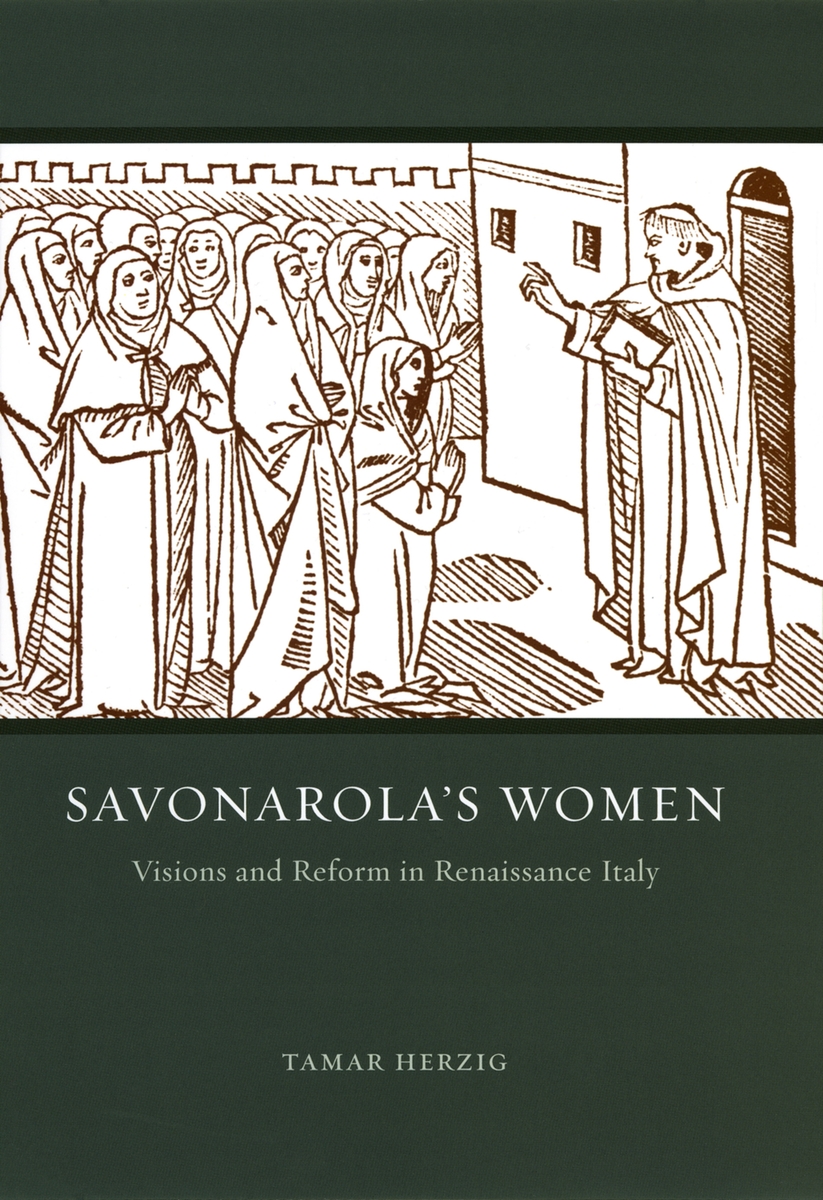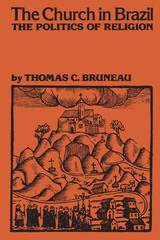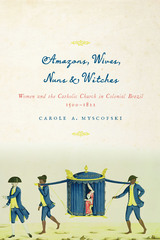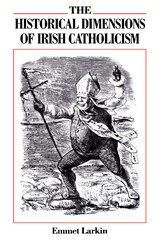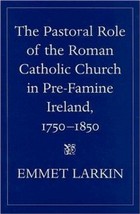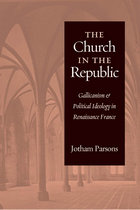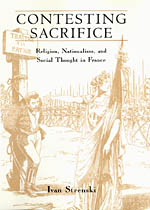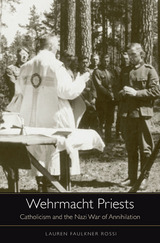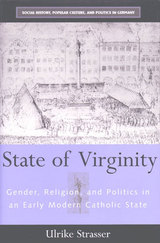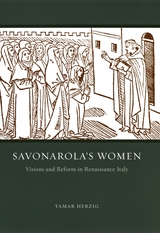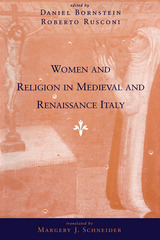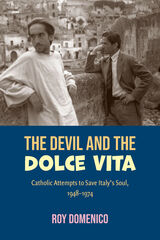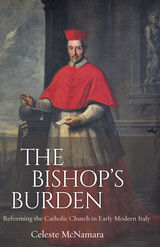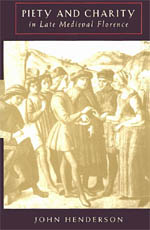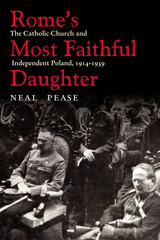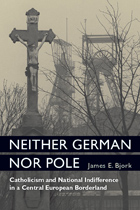Savonarola's Women: Visions and Reform in Renaissance Italy
University of Chicago Press, 2007
Cloth: 978-0-226-32915-4
Library of Congress Classification BX1544.H47 2008
Dewey Decimal Classification 282.4509031
Cloth: 978-0-226-32915-4
Library of Congress Classification BX1544.H47 2008
Dewey Decimal Classification 282.4509031
ABOUT THIS BOOK | AUTHOR BIOGRAPHY | REVIEWS | TOC | REQUEST ACCESSIBLE FILE
ABOUT THIS BOOK
Girolamo Savonarola (1452–1498), the religious reformer, preacher, and Florentine civic leader, was burned at the stake as a false prophet by the order of Pope Alexander VI. Tamar Herzig here explores the networks of Savonarola’s female followers that proliferated in the two generations following his death. Drawing on sources from the fifteenth and sixteenth centuries, many never before studied, transcribed, or contextualized in Savonarolan scholarship and religious history, Herzig shows how powerful public figures and clerics continued to ally themselves with these holy women long after the prophet’s death.
In their quest to stay true to their leader’s teachings, Savonarola’s female followers faced hostile superiors within their orders, local political pressures, and the deep-rooted misogynistic assumptions of the Church establishment. This unprecedented volume demonstrates how reform circles throughout the Italian peninsula each tailored Savonarola’s life and works to their particular communities’ regionally specific needs. Savonarola’s Women is an important reconstruction of women’s influence on one of the most important and controversial religious movements in premodern Europe.
In their quest to stay true to their leader’s teachings, Savonarola’s female followers faced hostile superiors within their orders, local political pressures, and the deep-rooted misogynistic assumptions of the Church establishment. This unprecedented volume demonstrates how reform circles throughout the Italian peninsula each tailored Savonarola’s life and works to their particular communities’ regionally specific needs. Savonarola’s Women is an important reconstruction of women’s influence on one of the most important and controversial religious movements in premodern Europe.
See other books on: 1452-1498 | Herzig, Tamar | Reform | Renaissance Italy | Visions
See other titles from University of Chicago Press
